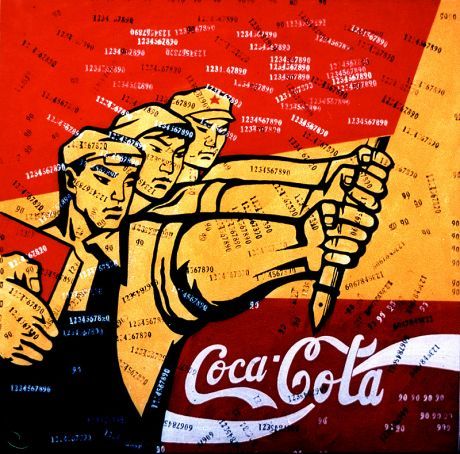Features
You are here
State capitalism in China in the midst of capitalist crisis

January 2, 2013
Last year saw the Eighteenth Congress of the Chinese Communist Party (CCP) meet in Beijing, out of which a new central leadership emerged.
Under Mao, such meetings were rare – just two congresses were held between 1949 and 1969. Leadership and policy issues were settled by brute force. The post-Mao leadership was determined to establish clear rules for settling disputes and changing personnel.
Two key parts of this are CCP congresses every five years, and mandatory retirement from central leadership posts at 70.
Not all CCP members are members of the ruling class – but the ruling class is organized in and through the CCP. The key politicians, industry managers, military officers and senior officials who make up the ruling class use congresses to explain their strategy to the wider audience who will carry it out.
In theory, the congress determines the policy and the leadership of the CCP. In reality, most important decisions have already been made by the time it meets.
For instance, it was postponed for almost a month while senior leaders decided the fate of Bo Xilai, the former boss of the southwestern province of Chongqing.
He was sacked from that job earlier this year accused of corruption, kidnapping and torture, among other things. He had been a favourite to enter the new leadership, but has now lost all power, and will probably be tried sometime this year.
The most interesting thing about the Politburo Standing Committee was who was missed off. As well as Bo Xilai, Guangdong province’s CCP boss Wang Yang was passed over, despite having the seniority for promotion.
He has a reputation as a reformer, advocating limited political changes in order to buy the CCP a greater degree of political support from the population. His omission is a sign that the new leadership intend to follow the same course as the people they replaced.
Nevertheless, there are hard decisions to be made, and no easy answers in sight. For once, Margaret Thatcher’s mantra is right – the status quo is not an option.
China’s growth rate slowed to under 8 per cent in 2012. While that is way in advance of every other major power, it’s the lowest figure for almost twenty years, and illustrates how the world crisis that began in 2008 has hit China.
They also have to respond to public pressure for change, particularly in tackling inequality and official corruption. A recent opinion poll found over 80 per cent of people agreeing with the statement “the rich just get richer while the poor get poorer.”
One of the biggest changes in Chinese society over the last twenty years has been the growth of public protest. Last year saw demonstrations and riots over multiple issues, as well as large numbers of successful strikes.
The government can ride out individual protests that don’t link together. But they can’t uproot the corruption and inequality that power each protest, and so they have to live with the constant fear of a bigger eruption. The new leadership face all of the old problems without any clear solutions.
Section:
Topics:
- Log in to post comments









